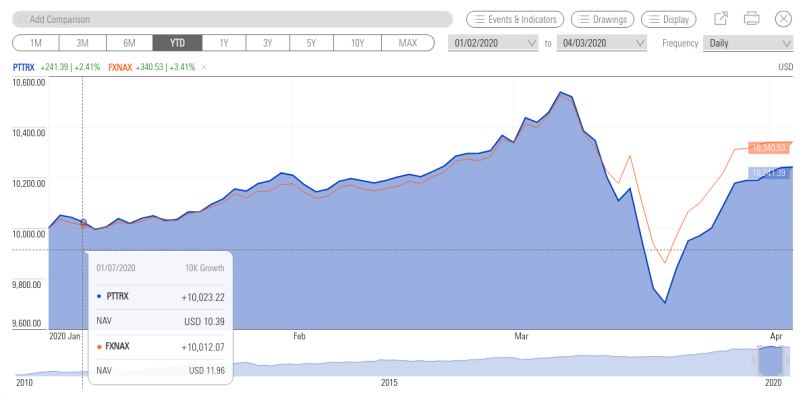When talking about active funds, are we talking all in one funds or categorized? I invest exclusively in category ETFs...Total US, Total International, Aggregate Bond, Small Cap, etc. I like seeing point in time how the fund is performing (not that I trade excessively). Just me. Instant gratification. But what I did like during the market run up and eventual crash was the ability to move from 60/40 to 50/50 and then 40/60 along the path. That significantly blunted the downturn. Hence the question about all in one or categorized.
Well, as a frequent advocate for passive investing (some would say "tiresome"), here is my take (limited to equity funds; I am not a bond fund guy.):
Truly passive investing is doing what Eugene Fama has repeatedly said: "We have to hold the market portfolio." Everything. The only fund I know of that actually does this is VT/VTWAX though there are probably others. While technically the "total market" funds like VTSMX and VGTSX are picking stocks only in one defined market, they typically get a pass on this and are considered "passive."
At the other end are the unabashed stock pickers. These funds are deliberately non-diversified, concentrating instead on trying to pick a few winners. Less than 50 stocks maybe? I don't know what the exact number might be. They are characterized by higher fees, which are justified as being necessary to pay all their "experts." They are also characterized by high trading costs because their turnovers often exceed 100% per year. And, of course, in aggregate they fail to deliver.
Between these two there is IMO a confusing spectrum.
"Near passive" funds include the S&P 500 funds, which pick/hold only about 15% of the US market issues, but that 15% represents 80% of the US market cap. So they are kinda, sorta, total market funds. Another class of near passive funds are the closet indexers. These funds hold a large number of stocks, diversified to the point that they effectively track a total market index. This is a cushy ride for managers because they can talk big and collect big fees, but they are taking little or no risk.
The spectrum between the closet indexers and the true stock pickers is broad and deep. Your small cap index fund fits here as do many of the bigger sector funds. This is essentially stock picking/trying to pick winners, but with more diversification, hence less volatility than a true stock picking fund would give you.
There are also many funds with "index" in their names, created by hucksters who want to trap the naive investor who has been told to "buy index funds." You like the "Sabrient Multi-Cap Insider/Analyst Quant-Weighted Index" ?? Somewhere, some huckster is selling an "index" fund based on this. How about "FTSE Asia Pacific Qual / Vol / Yield Factor 5% Capped Index?" The index creators are happy to create any goofy and narrow index that they have buyers for. It is not their job to protect the public from the hucksters.
Brief question, complicated answer. Sorry.

 .
.